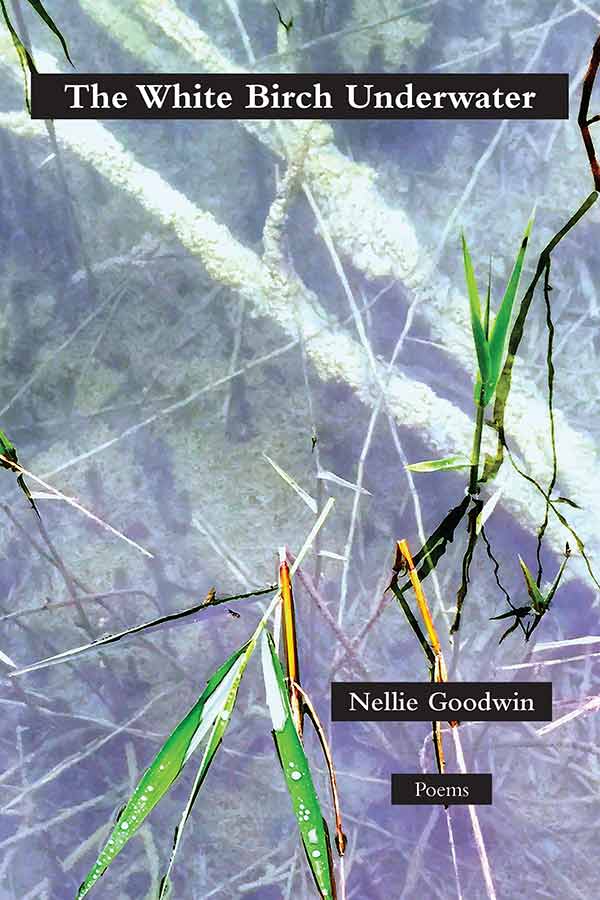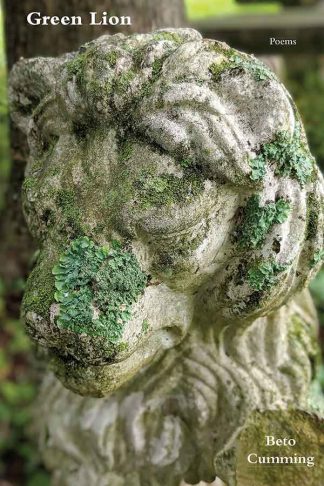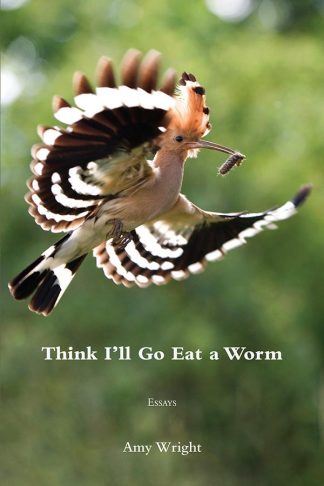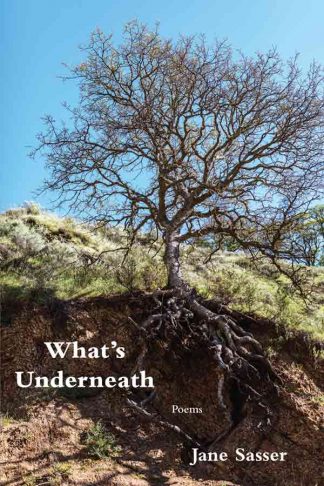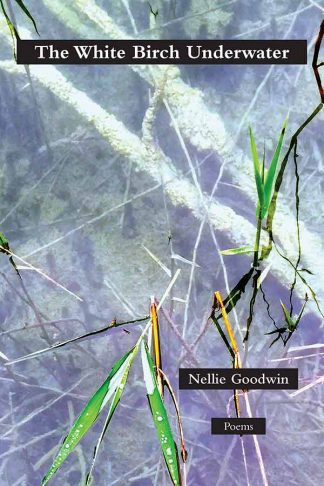Description
The White Birch Underwater by Nellie Goodwin is a collection of twenty-four poems many of which are set in the rural landscape of New Hampshire where the poet and her husband had a second home. The poet’s closely observed descriptions of natural phenomena — trees, moose, deer, seasonal changes — allow her to speak through the landscape of a shadow world beneath. Loss, trauma, depression are filtered through a lens of beauty so that they are distanced, bearable, and deeply human.
Praise for The White Birch Underwater
Like the birch tree in the title poem, this collection “shimmers on its spine.” Nellie Goodwin takes us into “delicate green places”—woodlands, “dew-lit brush,” meadows, a “broadleaf thicket.” The reader is invited in to witness the shifting of creatures found there: a moose “rises like a wave, half-crested,” “turtles, like old medals, silvering in sun,” deer “glazed in flaking color… leap in tandem.” Here too, haunting “embers’ of family, and grief, as “Death wipes its boots off in the kitchen, / courteous but firm.” Merging revelation, knowledge, and intuition, this collection accomplishes what Joseph Brodsky said poetry can. Running through these careful and reckless poems, expression of what does not alter: “dread / the love of wood thrush, deer / seasons deepening.” The White Birch Underwater—“lowly, mouthing only earth, its speech the speech of mica, bees”—beckons us to listen with ears and heart open.
—Mary Buchinger, Aerialist and Roomful of Sparrows
Nellie Goodwin observes the eponymous birch tree both as a natural object, revealed and hidden with changing light, and one transformed underwater to an Ophelia. Her language throughout this beautiful collection keeps the same doubleness, pays close attention to appearance: “a row of turtles, like old medals,” while sounding the same depths: “The past, intractable, smudges like the moon.” Her loving and inspired delineations of the natural world are each so compelling it is hard to choose a favorite among them—yet her courage also in describing human pain and loss is an essential component of this book’s power.
—Susan Donnelly, Capture the Flag and Transit
With grace and economy, Nellie Goodwin’s poems challenge the gap between the natural world and our world, self and other. Alert to textures, colors, and silence, she depicts with discerning eye and ear small dramas that otherwise would pass unnoticed. While avoiding the pathetic fallacy, she blends her own awareness with her subjects’ identity, subtly revising both.
—William Doreski, The Voice in Modern American Poetry
and poetry collections including Waiting for the Angel and City of Palms
